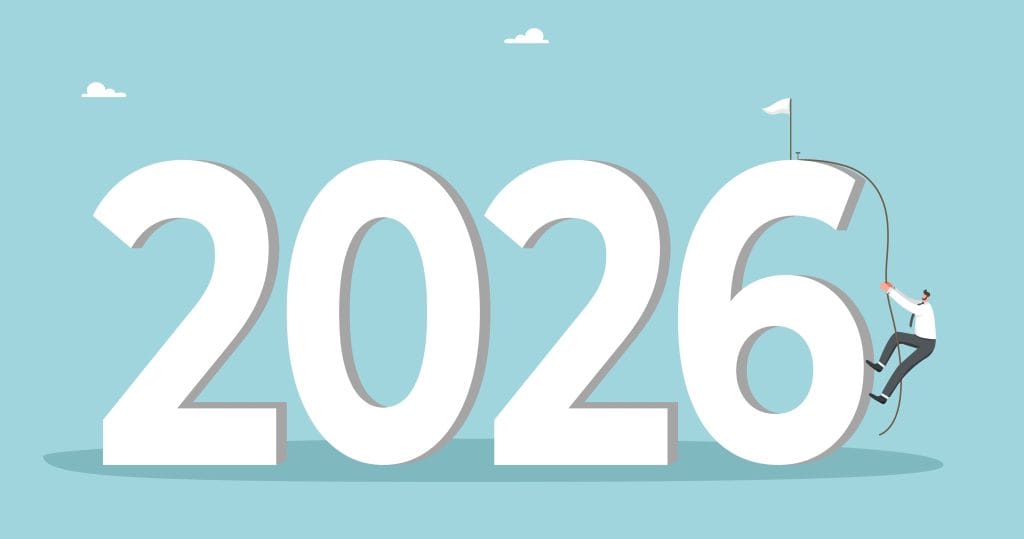Last updated on November 28th, 2025 at 07:14 pm
Last updated on November 17th, 2025 at 07:45 pm
Q: How can I set up my schedule so patients wait no longer than 10 minutes?
To ensure that no patient waits longer than 10 minutes requires some planning. First, have a clear idea (and policy for your staff) on how long each of your clinical procedures normally takes. Secondly, I would take the additional time for hygiene checks and treatment presentations into consideration. Keeping these things in mind, schedule each patient realistically to get done what you need to get done. If you regularly get calls from emergency patients, make time in your schedule every day to allow for emergencies as well. Once you have your schedule worked out, discipline yourself and your team to stay on time as much as possible. Do this and you’ll see that things will go smoother with increasingly shorter wait times for patients.
 Q: What should I base my bonus system on?
Q: What should I base my bonus system on?
A bonus system can provide extra motivation and a “game” for your staff. It can keep them focused on reaching the practice’s monthly targets, while rewarding them for this achievement. But whatever those goals/targets may be (e.g. schedules, new patients, etc.), a bonus is paid in real money, so a bonus game should always be based on collections and profitability.
You can’t base a bonus game solely on production, new patients, and so on. Why? Because you could theoretically make whatever targets you have for these statistics and still collect below your “break-even” point. In other words with this system you could be on the hook for a bonus while collecting less than you need to pay your bills for the month! The moral: tie any bonus system to overall office collections and make sure this number includes the office being profitable.
Q: Any suggestions on how to train new dental staff to help them become productive as quickly as possible?
First off, I would make sure that I had written policies in place for the new staff member’s position in the office. If you’ve just hired a scheduler you would have them study the written policy or set of policies on how to schedule (along with any other duties connected with the position). Doing this without written policy can be a chore for three reasons:
- You have to invest more time personally to “tell” them what to do (which becomes a real problem with turnover – you’re doing this over and over again),

- They have nothing (written) to refer back to when needed (or when you wish to correct them) and
- Maintaining consistency in training with nothing in writing is basically a nightmare.
Once they’ve studied their materials (and understand them…very important), you could have them work in the office under someone who can apprentice and correct them as needed. Done correctly, they will be confident and able to do the job without guidance in a very short time. As a side-note – if you do have manuals/policies for positions in your office – make sure they stay up-to-date. Things change – procedures, equipment, technology and so on. When they do, update your policy and manuals as you go!
Sabri Blumberg, Deputy COO of MGE, goes over advice she has on the subject of dental staff, including bonus plans and training. Have your own question? Email it to sabrib@mgeonline.com.

 Q: What should I base my bonus system on?
Q: What should I base my bonus system on?
